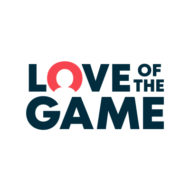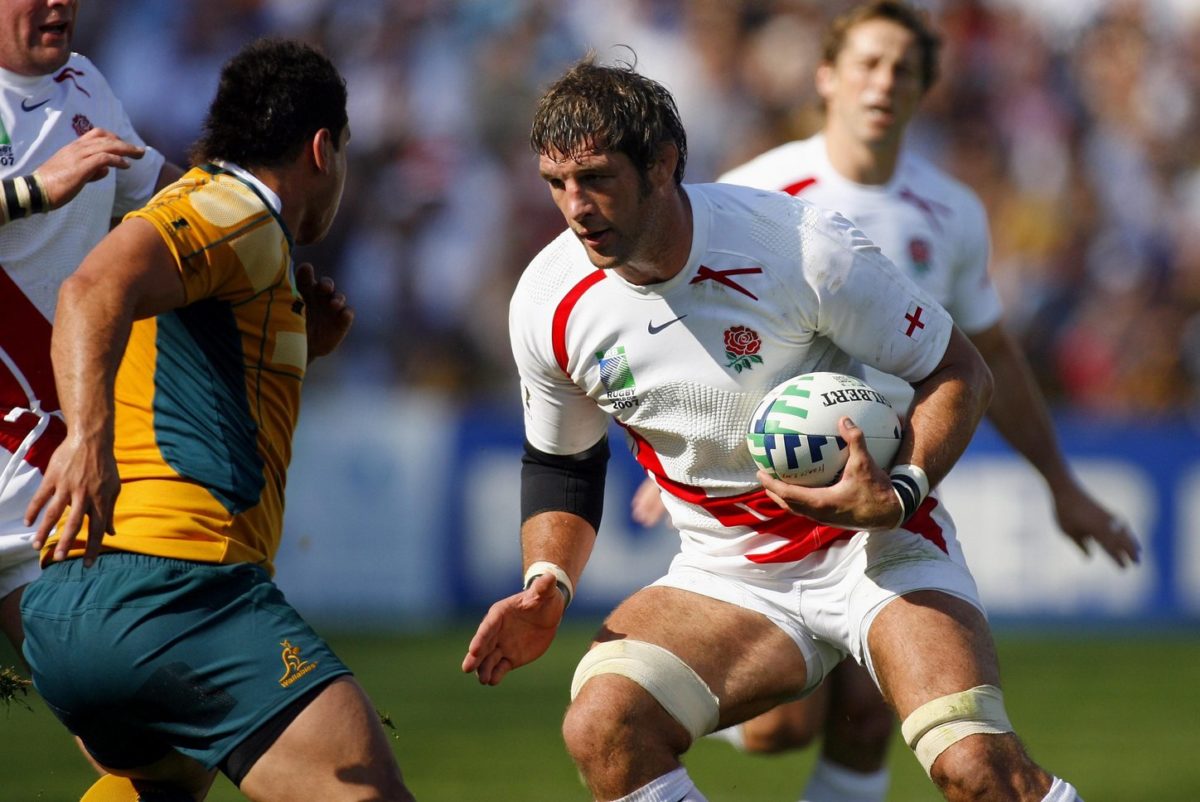Q. Love of the Game. What’s it about and why did you set it up?
A. It all came about, I guess two years ago. I was having a conversation with Laurence Geller CBE, Chairman of the campaign, over a glass or two of red wine. We already had a mutual interest in philanthropy and rugby through other rugby-associated ventures. Laurence was interested in the impact of concussion in sport and how that had apparently got worse over time in modern day rugby (and test matches) and he had a concern through his business interests in dementia care homes.
I also think that things have changed, what with the increase in speed of the game and that guys are certainly getting more athletic which inevitably results in more concussive episodes. Up to that point, I’ve never really given it much thought. If I look at my career over 25 seasons, any other area – nutrition, sleep patterns, physical training, recovery protocols – every single area has changed immeasurably from when I started. I recognised that concussion care hadn’t advanced as much, certainly nowhere near the other protocols. It’s a worry for many people, not just the players, but obviously parents who want their kids to play what is ultimately a wonderful sport that derives so many benefits. It got me thinking when I spread the word around the about how wonderful our game is, especially for under-privileged kids, I suddenly thought, ’how can I be doing this if I’m not doing something to mitigate the potential dangers in the concussive area?’ And not just in rugby, I’m talking about all sports where athletes are at higher risk. We knew then there was a need to action something. It didn’t really activate for another 18 months whilst we had further ideas and set up a fund. We were kicked into action more recently by the class actions [litigation] taken up by players and whilst I have every sympathy on Earth for everyone affected by it, I just thought I needed to do something that has a positive impact on the game, so that more people who currently play at a professional level or any level feel safe doing it and therefore it becomes a more popular sport as it should be. It’s the best game in the world as far as I’m concerned and we ultimately want to encourage our own kids to play whilst at the same time protect them as best we can. So I wanted to change that mindset in myself and what we’re aiming to do is make that change.
“It’s the best game in the world as far as I’m concerned and we ultimately want to encourage our own kids to play whilst at the same time protect them as best we can.”
Simon Shaw MBE
Q. What are the aims of the campaign itself?
A. As I said, it’s really looking at the key areas, parents needing reassurance that their kids are being sent into environments that are safer. It’s a contact sport so it’s never ultimately going to be completely clear of dangers, but if we can mitigate the dangers then great. So it’s about prevention but without changing what we all love about the game. We want to be able to identify when (concussive episodes) happen as it’s not always obvious. We want to be able to grade it, because at the moment you’re either concussed or you’re not which is a massive grey area. There’s actually lots of layers in between taking a bit of a blow and feeling a bit dizzy and being knocked out, so we need to establish what those layers are so we can understand what potential future therapies can be available to treat those concussive episodes. The old theory that once you had a concussion you should rest until the symptoms go away, is just not good enough. There is damage that clearly occurs as a result of a concussive blow and that needs to be treated. In any other part of the body, like a ‘dead leg’ it would be treated. You don’t just leave it because if you do, it takes longer to recover and you may have a recurrence of problems and over time you may have issues. The brain is no different. You can replace a knee, you can replace a shoulder, there’s currently no way of replacing part of your brain so you need to protect it as much as possible.
Q. So you’re going to bring a lot of skill sets together to do this?
A. Yeah, absolutely. When you dive into this area, it’s incredibly complex, there are lots of questions and no simple answers. If we can get the best minds in the country, from multidisciplinary fields whether it’s science and technology, medicine, athletes themselves, financiers that might be able to develop some of these ideas – that’s what we’re trying to do and that’s the reason we brought about our Hakathon this weekend.
Q. Can you tell me a bit about this weekend’s Hakathon?
A. It’s an advancement on what we’d previously term a ‘white board’ session in some aspects, but it’s so much more. The idea is to bring all those different fields together in a virtual room and get people talking and to think ‘outside the box’. Many of the participants won’t necessarily follow rugby or snowboarding their mindset will be more focussed in their own fields about how best to protect the brain, whereas I would go immediately to a scrum cap, but we want lots of people having lots of conversations, bringing their level of expertise to the fore to bring about real change.
Q. If there’s anything the pandemic has taught us, is that where there’s a collective will, there’s a way of doing things quite quickly. Does this encourage you?
A. My experience is that nothing gets done on the rugby pitch unless we have buy-in from all parties. The best way to get buy-in from all parties is that they contribute to the game plan. That’s where my mindset has always been. I use that in everyday life, whether it’s investments I’ve made or other businesses I’ve got, I want to hear from everyone, because everyone has a valid opinion which can be filtered down into something useful. This is the aim of the Hakathon. There are prizes awarded for the best ideas and a judging panel of supremely experienced people who can recognise a fantastic idea and see the value in any new idea. Bring all the crazy ideas together, make sure they’re fit for purpose and have a role and then implement them. We can’t afford to wait, because God forbid we have another situation like Phillip Hughes who passed away at the crease. No one wants that to be another kick start. So we can’t waste any more time, we need to act on this now. It won’t be just one Hakathon that will make a difference, we’ll need to do more of these, we’ll need to generate more interest from various different parties. As you pointed out, Covid has created an environment where we all need to pay attention and work together to make things happen.

